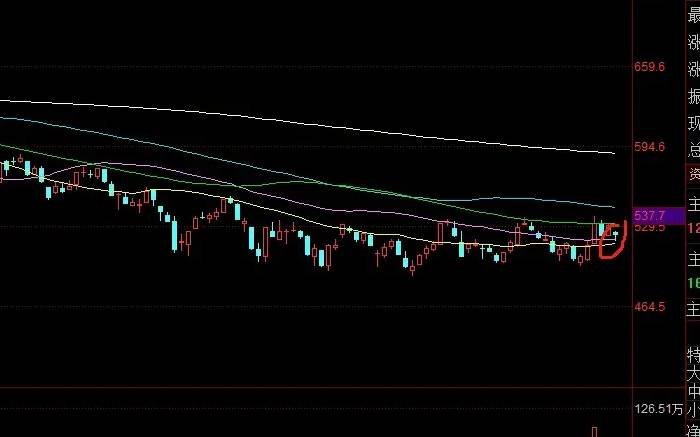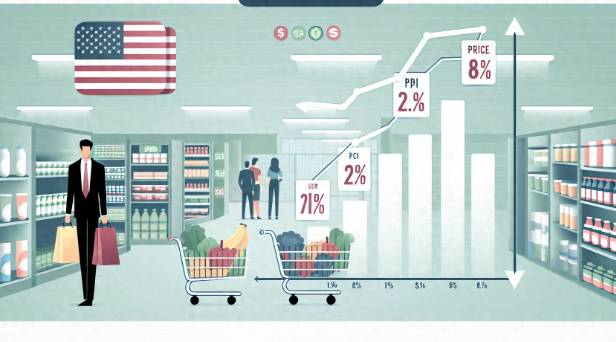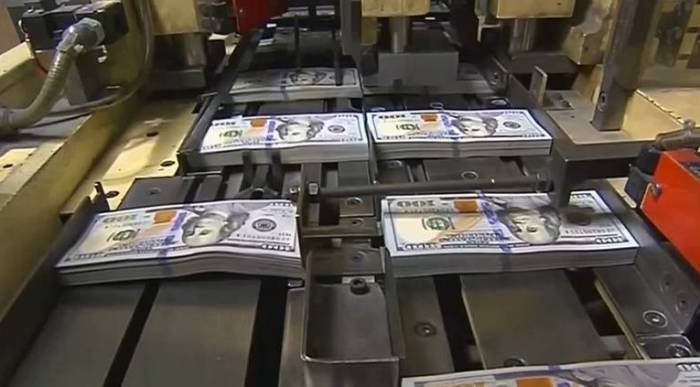Although the rise in gold prices this year may affect central banks' demand for gold, the long-term trend of net purchases remains unchanged.
Despite gold prices reaching historical highs, Krishan Gopaul, Senior Analyst for Europe, the Middle East, and Africa at the World Gold Council, said that central banks' net purchases more than doubled in July, reaching 37 tons, and demand is expected to remain strong in the coming months.
In the latest report from the World Gold Council, Gopaul noted that central banks have been buying gold in recent months.
"Although the level of central banks' demand for gold has decreased as prices continue to rise to historical highs, it remains positive overall," he said. "This trend continued in July, with the International Monetary Fund and public data reporting that global central banks will have a net increase of 37 tons of gold reserves, a month-on-month increase of 206%, the highest monthly total since January (45 tons)."
Gopaul said that the same group of central banks drove the gold buying activity that month, "with a total of seven central banks increasing their gold holdings by one ton or more in July, while only one central bank reduced its gold holdings."
The National Bank of Poland was the largest central bank buyer of gold in July, purchasing 14 tons, marking the largest monthly increase since November 2023. "This purchase raised the central bank's gold reserves to 392 tons, accounting for 15% of total reserves," Gopaul said. "Poland has been on a gold buying spree since April, accumulating 33 tons of gold in the past four months."
The Central Bank of Uzbekistan was the second-largest gold buyer in July, purchasing 10 tons, bringing its total gold reserves to 375 tons. "The July purchase turned the Central Bank of Uzbekistan from a net seller to a net buyer (+3 tons) year-to-date," he noted.
The Reserve Bank of India increased its gold reserves by 5 tons in July, raising its net gold purchases for 2024 to 43 tons and lifting total reserves to 846 tons. "So far, the Reserve Bank of India has added gold every month this year," Gopaul said.
The Central Bank of Jordan made a net purchase of 4 tons in July, and the Central Bank of Turkey also bought 4 tons, marking the 14th consecutive month of net gold purchases by the central bank.
The Central Bank of Qatar and the Czech National Bank each increased their gold reserves by 2 tons. "The Czech National Bank has now increased its gold reserves for 17 consecutive months, with a net purchase of over 31 tons during this period," he noted."According to data available at the time of publication, the Central Bank of Kazakhstan was the only central bank to net sell gold in July," Gopaul said. "Its gold reserves decreased by 4 tons, bringing its gold holdings down to 295 tons, which is 55% of total reserves."
"Another notable change pertains to the State Oil Fund of Azerbaijan, which is the only national sovereign wealth fund in our dataset," he added. "The second quarter results show that its gold holdings increased by 10 tons between April and June, marking the largest quarterly increase in gold holdings since the second quarter of 2019 (+23.7 tons). The total gold holdings of this national sovereign wealth fund stood at 114.9 tons at the end of the second quarter of 2024, 13 tons higher than at the end of 2023."
Gopaul stated that while the rise in gold prices this year may affect central banks' demand for gold, the long-term trend of net purchases by sovereign states remains unchanged. He said:
"This reinforces the findings of our latest central bank survey, which highlights several reasons, such as gold as a store of value and its excellent performance during crises. Despite high prices, central banks remain keen to accumulate gold. Based on these findings, we remain confident in our expectation that central banks will purchase more gold in the future."






Leave a Comment